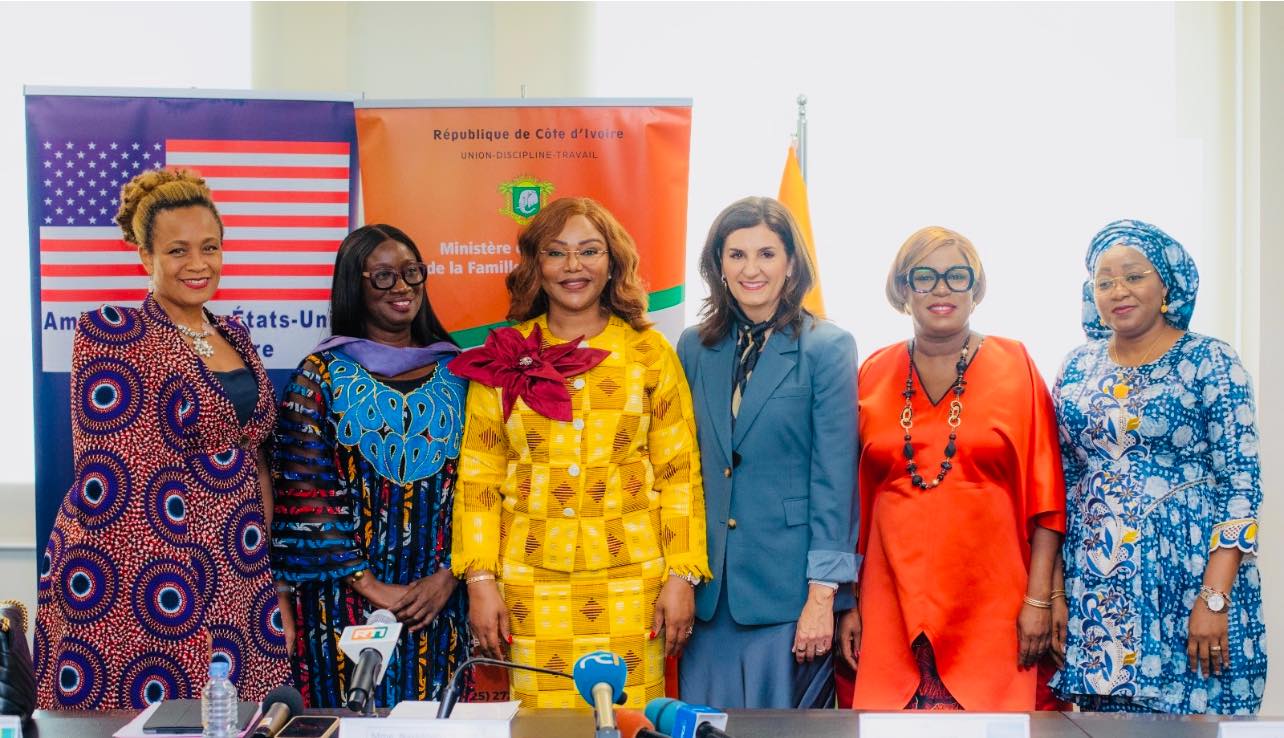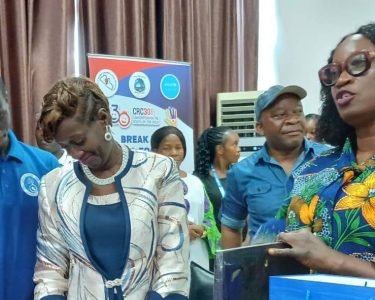At a transformative high-level meeting convened to address one of the most pressing challenges of the 21st century held in the bustling city of Abidjan, Côte d’Ivoire, empowering women through technology was paramount on the agenda.
Among the key participants was Hon. Gbeme Horace-Kollie, Liberia’s Minister of Gender, Children and Social Protection, who delivered a compelling case for Liberia’s commitment to bridging the gender digital divide.
The meeting, held from December 17-18, 2024, was premised on the visit of CISCO’s Vice President for Strategy and Policy to West Africa. It brought together policymakers, industry leaders and advocates from Côte d’Ivoire, Guinea, Sierra Leone and Liberia. The forum aimed to explore strategies for equipping women with technological skills and promoting their participation in the digital economy.
Liberia’s Commitment to Bridging the Gender Digital Divide
Minister Horace-Kollie began her remarks by highlighting the transformative potential of technology for women in Liberia. “Access to technology is not a luxury; it is a necessity for empowerment, equality, and economic growth,” she asserted. She went on to emphasize Liberia’s realities, noting that 66.4% of the population remains offline, with women disproportionately affected by digital exclusion.
She called for a unified approach to the issue, emphasizing the need for collaboration among governments, private sector actors such as CISCO, and international partners. “We must work together to create policies, mobilize resources, and dismantle the barriers that prevent women from thriving in technology. This is not just a regional agenda; it is a global imperative,” she urged.
Spotlighting Liberia’s Efforts
Minister Horace-Kollie used the platform to showcase Liberia’s ongoing efforts to address these challenges, including the Digital Transformation Project, which aims to equip 10,000 youth, including women, with ICT skills. She also reaffirmed Liberia’s commitment to global frameworks such as the Beijing Declaration and Sustainable Development Goal 5, which advocate for gender equality through digital inclusion.
More than just a report on policy, her address was a call to action. She appealed to governments, corporations and organizations to join Liberia in reducing internet costs, expanding digital literacy and investing in gender-responsive
infrastructure. “Empowering women in the digital space,” she declared, “is not just a development priority, it is a moral imperative.”
The conference hall erupted in applause as Minister Kollie concluded. Her address resonated deeply, not only for its vision but for its authenticity, a reminder that behind every statistic is a girl awaiting her chance to shine.
As the meeting ended, delegates from other nations approached Minister Horace-Kollie, expressing admiration and a willingness to collaborate. CISCO’s representative also pledged technical resources for the development of regional ICT programs, while regional organizations promised to collaborate in implementing digital literacy initiatives.
For Minister Horace-Kollie, the meeting was more than a policy dialogue, it was an opportunity to reaffirm Liberia’s vision of a future where every woman and girl has the tools to innovate, lead and transform their communities.
“By empowering women in technology,” she concluded, “we are not just changing lives; we are reshaping the destiny of our nations.”










